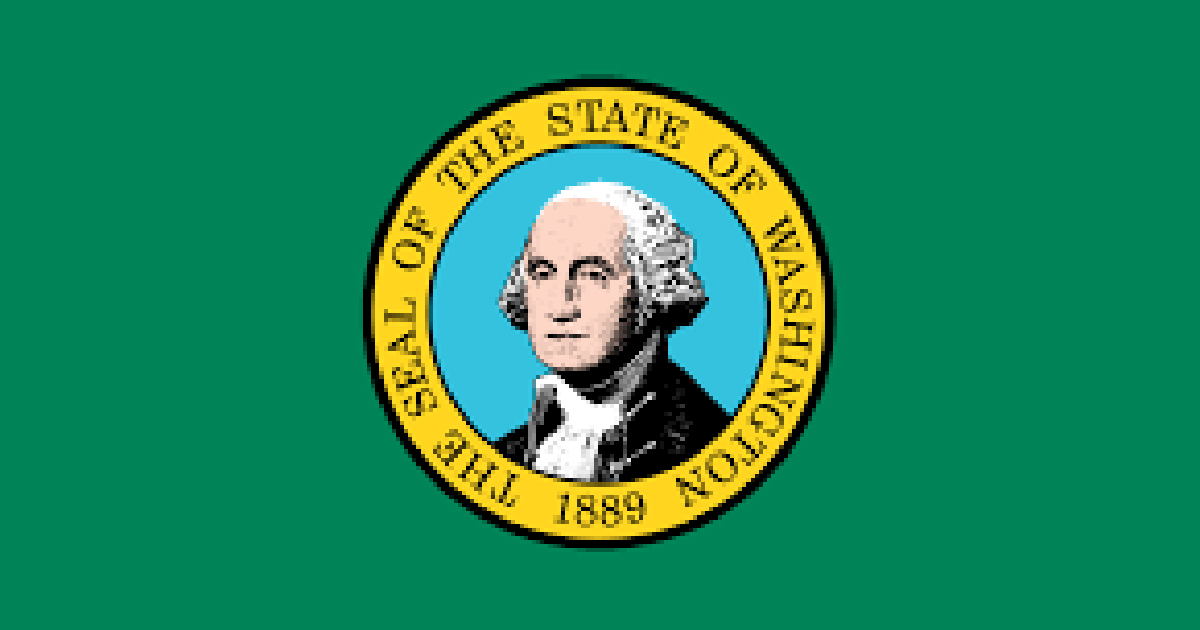Play a crucial role in advancing the agency's mission by leveraging scientific expertise to understand and address the impacts of climate-driven changes on ocean conditions and activities.
This role serves as the Intergovernmental Ocean Policy division’s primary scientific advisor for integrating climate science into shellfish fishery monitoring and ecosystem-based management plans. These plans align with state and federal management objectives including those created by the Endangered Species Act and the Marine Mammal Protection Act. The incumbent collaborates closely with internal agency teams as well as external partners including NOAA Fisheries Science Centers, universities, and other relevant experts to inform strategic decision-making and enhance scientific understanding in fisheries management.
Duties
- Direct and conduct research, synthesize existing research, and provide expert scientific advice necessary to inform the development of a fishery monitoring and adaptive management program for avoiding, minimizing, and mitigating marine life entanglements in the coastal Dungeness crab fishery and other state-managed fisheries.
- Responsible for all aspects of research studies including determining the design, writing proposals, managing budget, and coordinating staff.
- Provide expert scientific advice and guidance on climate driven processes (e.g., species distribution changes, ocean acidification, harmful algal blooms) necessary to inform the development and evaluation of fishery management plans and fishery monitoring programs.
- Confer and collaborate internally and with representatives of other state, interstate and international agencies and organizations for resolution of scientific aspects of climate change information and its application to marine life migration and fishery adaptation strategies and responses, with emphasis on coastal shellfish fishery management.
WORKING CONDITIONS:
- Work Setting, including hazards:
- Office hazards include working under fluorescent light, repetitively entering data into computer, looking at computer monitor for long periods of time, sitting or standing for long periods of time.
- May on occasion include ocean beaches, commercial or recreational fishing vessels, docks, or commercial fish processing facilities. Hazards may include rough seas, inclement weather, wet, slippery vessel decks and docks, and exposure to diesel fumes, fishing gears, machinery, or forklifts.
- Must be able to negotiate water in emergency situations.
- Schedule:
- Monday through Friday, 8:00 a.m.–5:00 p.m.; may vary with travel or when participating in field work.
- Travel Requirements:
- Occasional travel to attend meetings, training, conferences, or participate in field work.
- Tools and Equipment:
- Laptop, office supplies.
- Customer Interactions:
- Position interacts with recreational and commercial fishermen, environmental groups, fish buyers/processors, federal and other state agency biologists, scientists and managers, and the public.
Qualifications
REQUIRED QUALIFICATIONS:
Closely related qualifying experience may be substituted for the required education on a year-by-year basis.
- A Master's degree in wildlife, habitat, fisheries science, biology, or in mathematics with emphasis on animal population biology, or closely allied field.
OR
- Five (5) years of professional experience as a Fish and Wildlife Biologist 4 or equivalent experience in Fish/Wildlife/Habitat management or research.
PLUS
- Specialized coursework (at least 15 quarter or 10 semester credits) in statistical inference, research and sampling design, data science and management, advance statistics, or statistical modeling and programming and a completed thesis demonstrating the ability to apply quantitative tools.
OR
- Two (2) years of professional experience designing statistical or mathematical research in population biology or population management or designing and conducting wildlife, habitat, or fish-related research studies.
Certifications/Licenses:
- Valid driver’s license
PREFERRED QUALIFICATIONS:
In addition to those required qualifications, our ideal applicant will also have some or all of the following:
- A Doctoral degree with a major in mathematics or statistics with emphasis in animal population or management, natural resource science or management with an emphasis in mathematics or statistics relative to animal population biology or management.
- Two or more articles published or in press in refereed literature (one article must be as senior author, the second article must be as senior or secondary author).
- GIS skills.
- Proficiency in the R statistical programming language.
- Experience in fisheries and natural resource policy.
- Knowledge of monitoring and adaptive management principles.
Compensation: $6,046.00 - $8,133.00 Monthly
Application deadline: 5/15/2024





